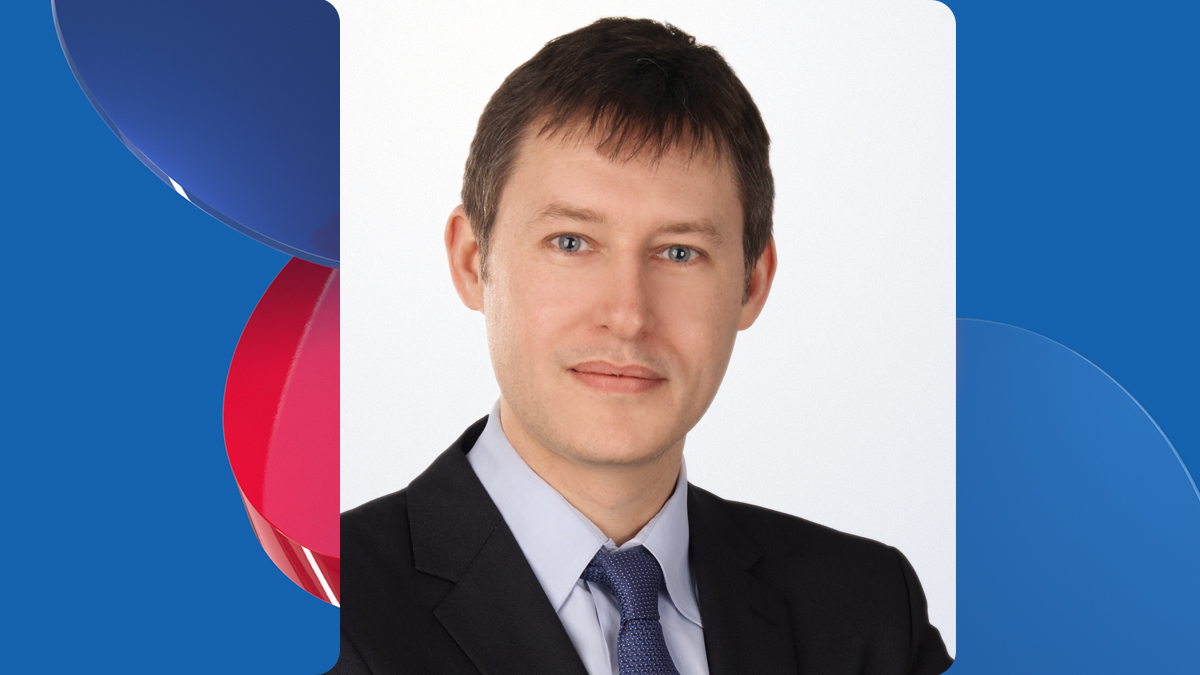Dominic ONeil, M.S., M.B.A.
QIAGEN

September 22
Wastewater samples are challenging substrates for nucleic acid extraction, and the choice of extraction method determines the success of the downstream analysis. Extraction methods must address high levels of inhibitory substances and achieve extraordinary sensitivity to ensure accurate detection of SARS-CoV-2. Even with ideal extraction, SARS-CoV-2 RNA from wastewater often remains highly fragmented and at a low copy number. However, with optimized next-generation sequencing (NGS) techniques, it is still possible to produce NGS-ready, high-quality SARS-CoV-2 libraries from wastewater samples. Join this session to discover how to optimize sample extraction and NGS workflows for SARS-CoV-2 wastewater analysis. We’ll provide valuable tips and solutions for accurately detecting emerging SARS-CoV-2 variants.
September 29
Wastewater samples are challenging substrates for nucleic acid extraction, and the choice of extraction method determines the success of the downstream analysis. Extraction methods must address high levels of inhibitory substances and achieve extraordinary sensitivity to ensure accurate detection of SARS-CoV-2. Even with ideal extraction, SARS-CoV-2 RNA from wastewater often remains highly fragmented and at a low copy number. However, with optimized next-generation sequencing (NGS) techniques, it is still possible to produce NGS-ready, high-quality SARS-CoV-2 libraries from wastewater samples. Join this session to discover how to optimize sample extraction and NGS workflows for SARS-CoV-2 wastewater analysis. We’ll provide valuable tips and solutions for accurately detecting emerging SARS-CoV-2 variants.